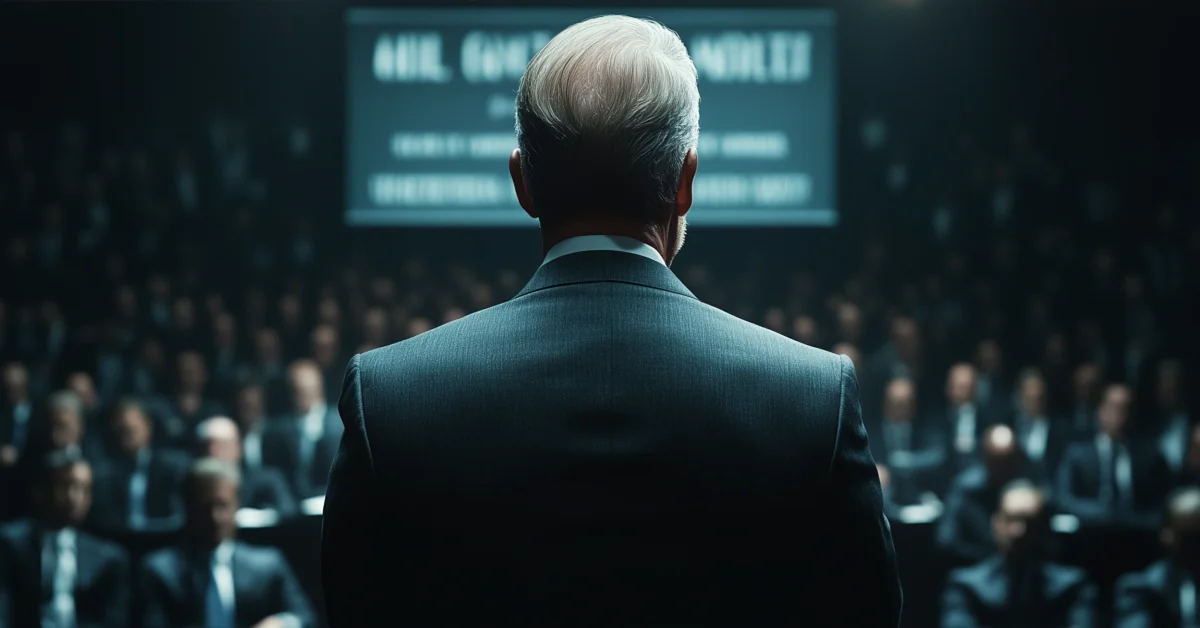
Babamın Son Savaşı: Tıbbi İhmalkarlık Nasıl Babamı Öldürdü

Most VC-Backed ‘Innovation’ is Just Expensive Marketing
Too many founders delay firing bad hires out of fear or ego. Here's why indecision kills momentum—and what real leadership looks like when it’s time to cut.
Introduction
They knew he wasn’t working out. Eight months in, still no delivery, no urgency. But he was “early team.” He had equity. They liked him.
So they waited. And six months later, they were raising a bridge round with a dead product and a team built on sunk cost.
Most startups don’t run out of money. They run out of nerve.
The Myth of “Early Loyalty”
One of the most common founder hiring mistakes is mistaking early loyalty for long-term value. Founders often over-index on emotional allegiance rather than operational necessity. The result? Team members who were useful in the zero-to-one phase become liabilities at scale.
“They were here early” becomes a quiet justification. But loyalty without delivery is not an asset—it’s drag. A founder’s job is to protect momentum, not sentiment.
In case after case, the most expensive hires aren’t the ones with the highest salaries. They’re the ones who stall key decisions, erode accountability, and create invisible debt across the product and culture.
The Real Cost of a Slow Fire
The longer a poor performer stays, the more expensive they become. Not just in payroll—but in trust, morale, and execution capacity.
Founders often think they’re protecting the culture by avoiding the discomfort of a firing. But the team already knows. And they’re watching your indecision more closely than you think.
Each week you delay, compounding costs accumulate:
- Ship dates slip.
- Standards lower.
- High performers disengage.
Worse, what doesn’t get built or fixed because of that one hire’s underperformance is the real missed opportunity. In early-stage companies, time is not just money—it’s survival.
Ego, Guilt, and the Founder Fog
Most delays in firing don’t come from logic. They come from psychological fog: guilt, ego, and fear of being wrong.
Founders carry the burden of their choices. Firing someone feels like admitting you made a bad hire—so you delay. You rationalize. You protect your image as a “good leader.”
But real leadership isn’t about protecting self-image. It’s about protecting the mission. Clarity means confronting reality quickly—even when it feels uncomfortable.
Reframe the act: You’re not punishing the person. You’re protecting the momentum.
High-Velocity Cultures Don’t Hesitate
Elite teams move differently. They don’t optimize for comfort. They optimize for clarity and momentum.
Amazon built an internal safeguard through its “bar raiser” program. Netflix enshrined “talent density” as a cultural priority. Both share a common thread: misaligned or underperforming talent is removed quickly to preserve operational excellence.
There’s a simple framework to remember:
- Decide.
- Act.
- Rebuild trust with the team through clarity and speed.
The alternative looks like this:
- Wait.
- Decay.
- Defend the delay until it's too late to recover.
How to Fire Fast Without Wrecking Culture
Firing fast doesn’t mean being careless or cold. It means being decisive and honest.
Here’s a tactical approach that preserves culture while maintaining velocity:
- Set clear expectations early. Every early hire should have a defined 90-day outcome window. Pre-mortem the role: “If this person doesn’t deliver in 3 months, what will we do?”
- Evaluate performance, not personality. Separate output from likability. Are they moving the mission forward?
- Fire with respect and clarity. Be direct. Be human. But don’t waver. Don’t postpone under the guise of “coaching through it.”
The team takes its cue from the top. When you act with clarity and calm, culture strengthens—not weakens.
Startups Aren’t Families
This is the hardest truth for many founders: your startup isn’t a family. It’s a velocity machine.
Families tolerate. Teams iterate.
Your role is not to rescue or rehabilitate everyone. It’s to build a system that survives the next inflection point. That means surrounding yourself with those who raise the standard—not lower it while hiding behind history.
Indecision is a decision. And in startups, slow decisions often become fatal ones.
Impact
If you’re hesitating on a decision, zoom out: who are you becoming by keeping this person in place? What is it costing the mission, not just the mood?
Velocity is a function of clarity. And clarity, in high-stakes environments, rarely comes without discomfort.



